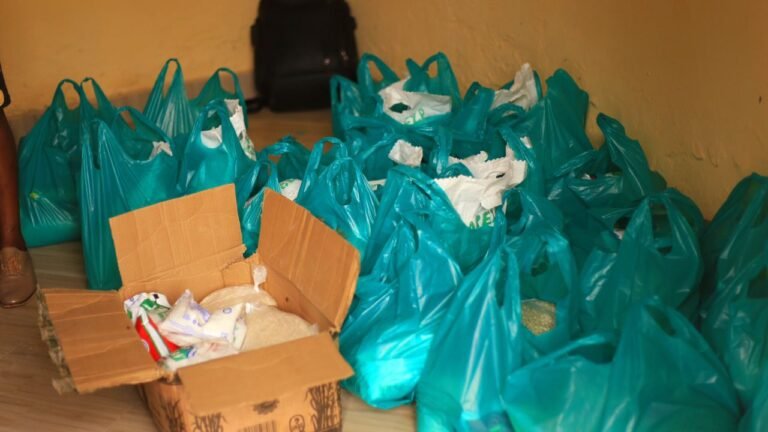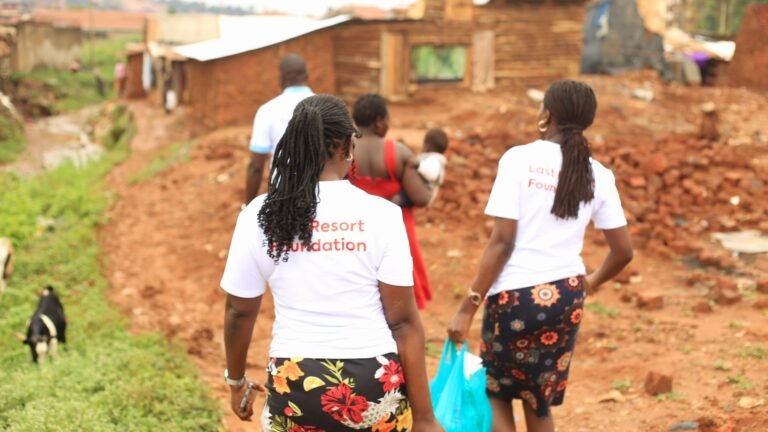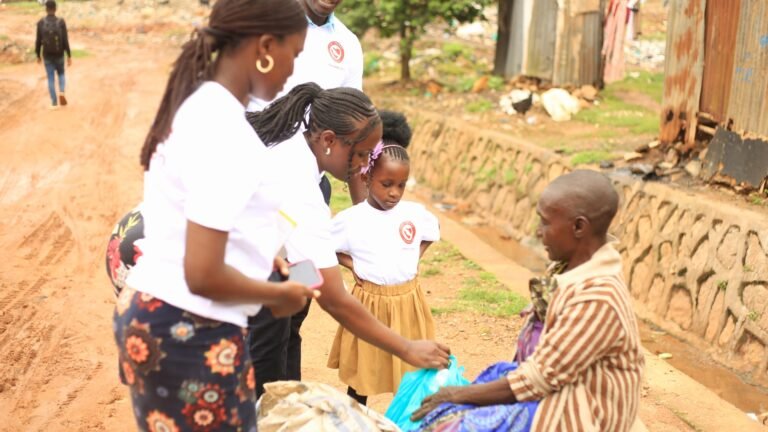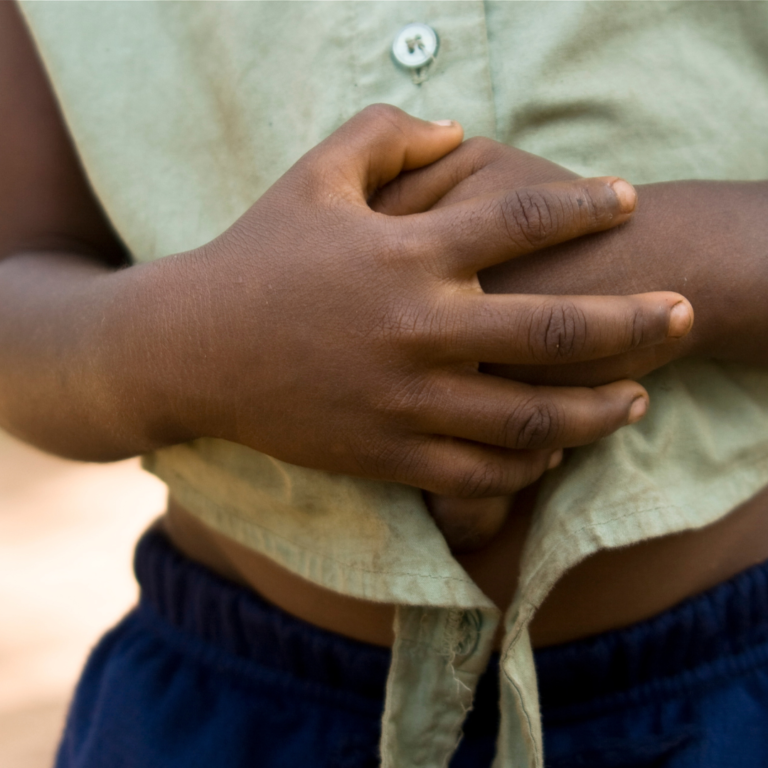Why Food Waste Is a Bigger Problem Than You Think
Food waste is a global challenge, but its impact is felt acutely in developing nations like Uganda. While many Ugandans struggle with food insecurity, a significant portion of the food produced is lost or wasted. Understanding the scale of this problem and its far-reaching consequences is the first step towards creating a more sustainable and equitable food system.
This article will delve into the critical issue of food waste in Uganda, exploring its causes, its detrimental effects on our communities and environment, and the vital role we all play in minimizing it. We will also highlight the efforts of the Last Resort Foundation in tackling this challenge through education, community engagement, and sustainable practices.
The Shocking Statistics: Food Waste in Uganda
The extent of food waste in Uganda is alarming. According to the Food and Agriculture Organization (FAO), approximately one-third of the food produced globally is lost or wasted (FAO – Food Waste). While specific national data for Uganda can be scarce, studies and reports indicate significant losses across the entire food supply chain.
- Post-Harvest Losses: A significant portion of food is lost after harvest due to inadequate storage facilities, poor handling practices, and limited access to markets. This is especially true for perishable crops like fruits and vegetables.
- Transportation and Processing: Further losses occur during transportation and processing due to spoilage, damage, and inefficient technologies.
- Retail and Consumer Waste: Retailers and consumers also contribute to food waste. Supermarkets often discard food that is nearing its expiration date, while consumers may buy more than they need or fail to store food properly, leading to spoilage.
These statistics paint a concerning picture. While many Ugandans face hunger and malnutrition, we are simultaneously wasting a significant amount of edible food.
The Devastating Impact of Food Waste
The consequences of food waste extend far beyond the economic value of the lost food. It has a profound impact on our environment, economy, and social well-being.
- Environmental Impact: Food waste contributes significantly to greenhouse gas emissions. When food decomposes in landfills, it releases methane, a potent greenhouse gas that contributes to climate change. Additionally, the production of wasted food consumes valuable resources like water, land, and energy, further exacerbating environmental problems.
- Economic Impact: Food waste represents a significant economic loss for farmers, businesses, and consumers. Farmers lose income when their crops spoil before reaching the market. Businesses incur costs for disposing of unsold food. Consumers waste money when they throw away food they have purchased.
- Social Impact: In a country where food insecurity remains a challenge, food waste is a moral issue. Wasting food while others go hungry is simply unacceptable. Reducing food waste can help to make more food available to those who need it most.
Last Resort Foundation: Leading the Fight Against Food Waste
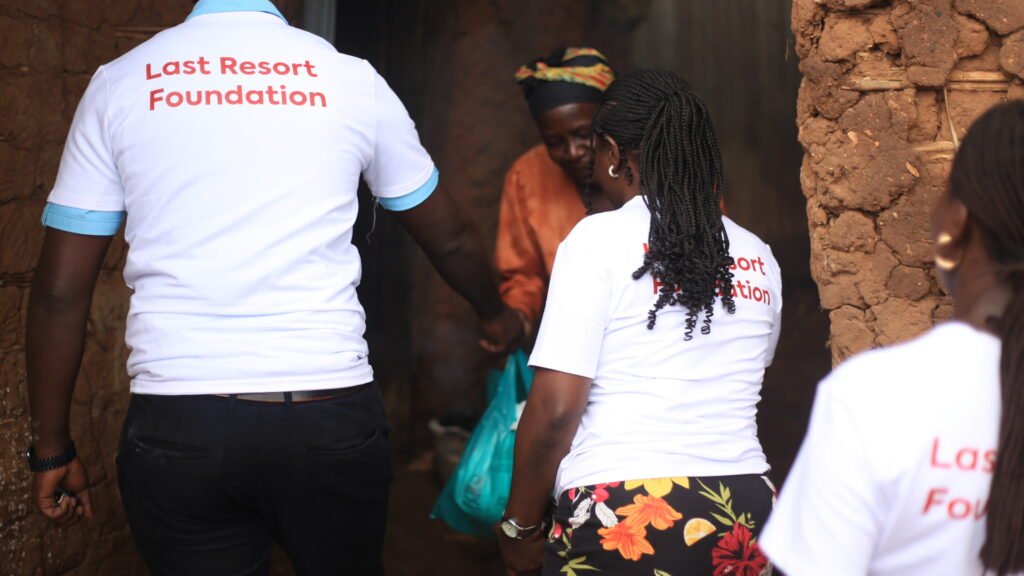
The Last Resort Foundation is committed to tackling the challenge of food waste in Uganda. We believe that education, community engagement, and sustainable practices are key to creating a more food-secure and environmentally responsible future. Our initiatives include:
- Education and Awareness Campaigns: We conduct educational campaigns to raise awareness about the problem of food waste and its impact. We provide information on how individuals and communities can reduce food waste at home, in schools, and in businesses.
- Workshops and Training Programs: We offer workshops and training programs for farmers, retailers, and consumers on best practices for food storage, handling, and preservation. We also promote the use of simple and affordable technologies to reduce post-harvest losses.
- Community Dialogues: We facilitate community dialogues to foster discussions about food waste and identify solutions that are tailored to local contexts. We encourage community members to share their knowledge and experiences and to work together to develop sustainable food systems.
Through these initiatives, we are empowering communities to take action and create a more sustainable food system.
Actionable Steps: How You Can Reduce Food Waste
Reducing food waste requires a collective effort from individuals, communities, and businesses. Here are some actionable steps you can take to make a difference:
- Plan Your Meals: Before going grocery shopping, plan your meals for the week and make a shopping list. This will help you to buy only what you need and avoid impulse purchases.
- Store Food Properly: Store food properly to extend its shelf life. Use airtight containers, refrigerate perishable items promptly, and freeze food that you won’t be able to use before it spoils.
- Cook the Right Amount: Cook only the amount of food that you can eat. If you have leftovers, store them properly and eat them the next day.
- Compost Food Scraps: Compost food scraps like fruit and vegetable peels, coffee grounds, and eggshells. Compost can be used to enrich soil in gardens and farms.
- Support Local Farmers: Buy locally sourced food from farmers’ markets or directly from farmers. This reduces transportation distances and helps to support local economies.
- Donate Excess Food: Donate excess food to food banks or charities. Many organizations are working to collect and distribute food to people in need.
By taking these simple steps, you can significantly reduce your contribution to food waste and help to create a more sustainable food system.
Call to Action: Join the Movement
Food waste is a serious problem, but it is one that we can solve. By working together, we can create a more food-secure and environmentally responsible future for Uganda. We invite you to join the Last Resort Foundation in our mission to reduce food waste and promote sustainable food systems.
- Volunteer: Volunteer your time to help us with our education and outreach activities.
- Donate: Donate to support our programs and initiatives.
- Spread the Word: Share this article with your friends and family and encourage them to take action.
Together, we can make a difference.
Visit our website Last Resort Foundation to learn more about our work and how you can get involved. Let’s commit to reducing food waste and building a more sustainable future for Uganda.
Conclusion
Reducing food waste in Uganda is not just an environmental imperative; it’s a crucial step towards achieving food security, economic stability, and social justice. The Last Resort Foundation is dedicated to fostering a culture of mindful consumption and sustainable practices. By understanding the magnitude of the problem, adopting actionable steps, and supporting organizations like ours, we can collectively transform our food system and build a brighter future for all Ugandans.


